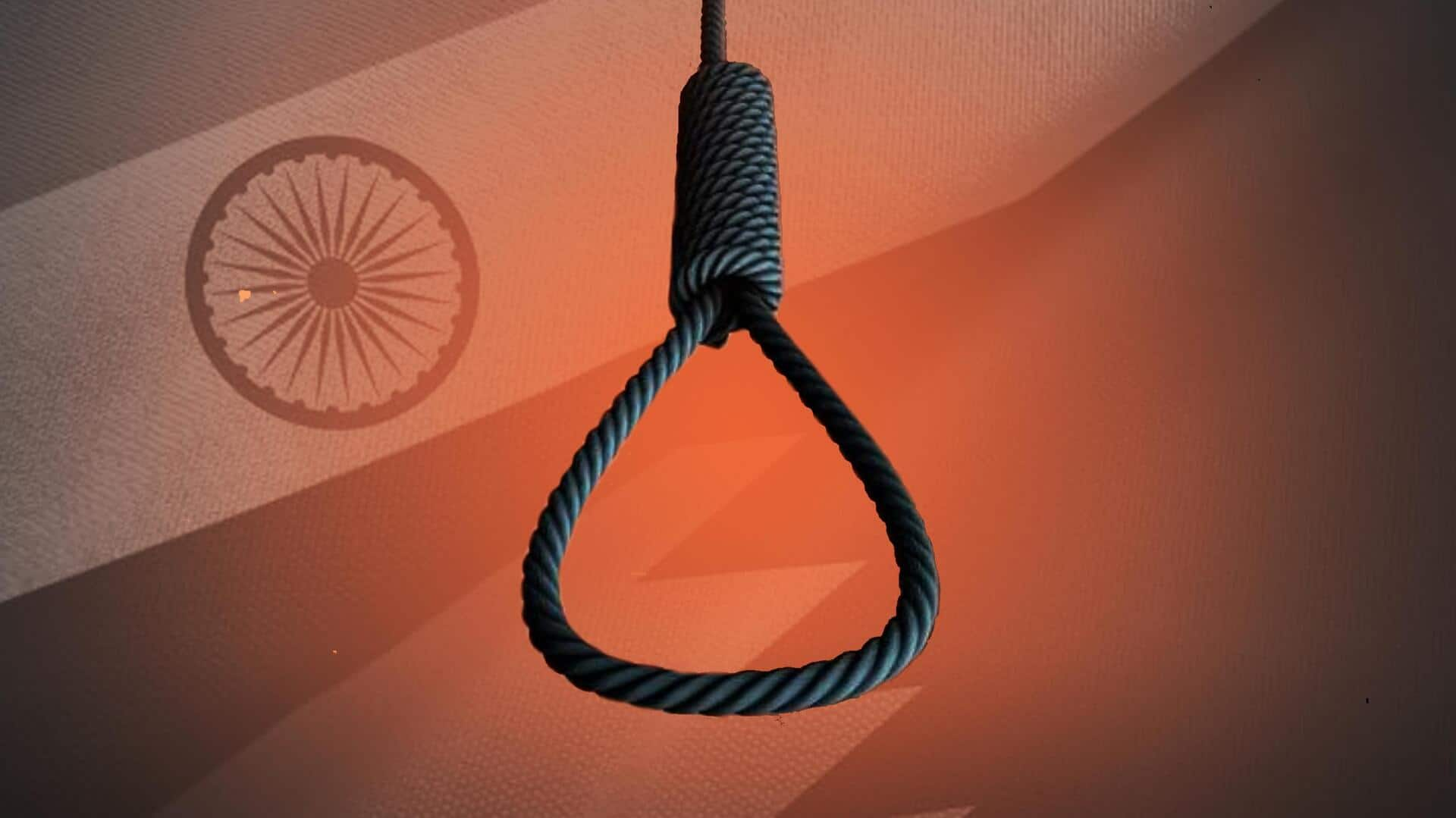
India has 'limited options' against Qatar executing 8 ex-Navy officers
What's the story
India reportedly has "limited options" in its efforts to commute the death sentences of eight former Indian Navy officers convicted in Qatar, as the exact nature of their charges remains uncertain.
To secure a commutation, India may need to engage in government-level discussions and rely on its positive relationship with Qatar, Scroll reported.
The potential involvement of espionage charges in the case reportedly puts India at a disadvantage and reduces the likelihood of receiving support from other nations.
Context
Why does this story matter?
A Qatari court sentenced the eight former officers of the Indian Navy to death on Thursday for alleged espionage after detaining them in August 2022.
In response to the verdict, the Indian government expressed shock and said it was exploring all legal and diplomatic options.
In April, Ministry of External Affairs (MEA) spokesperson Arindam Bagchi, however, had said India won't interfere in the Qatari legal process, per The Hindu.
Details
Obstacles in appealing against death sentence verdict
The lack of transparency regarding the charges and investigation against the Navy veterans could hinder their chances of appealing the sentence in Qatar's higher judiciary, per The Indian Express.
Sushant Singh, a senior fellow at the Centre for Policy Research, reportedly said that there were three higher courts available for appeal, followed by the possibility of submitting a mercy petition to Qatar's emir.
However, the severity of the charges makes it challenging to obtain legal relief, he told Scroll.
What Next?
Diplomatic options for India
Given the potential obstacles in a legal appeal, India may turn to diplomacy, per IE.
The foreign ministries of both countries share a strong and robust relationship.
Although previous diplomatic efforts have been unsuccessful, Kabir Taneja, a fellow at the Observer Research Foundation, posted on X suggesting that a "government-to-government understanding" remains the best approach.
Implementing the prisoner exchange agreement signed between India and Qatar in 2015 could necessitate commuting the death sentences to life imprisonment, Taneja added.
Insights
India facing challenges in garnering international support
India's ability to navigate this situation has been constrained as Qatar shares tense relationships with major West Asian powers currently.
Experts reportedly contend that India cannot depend on Saudi Arabia or the United Arab Emirates (UAE) for assistance due to their blockade against Qatar.
Iran, which maintains close ties with Qatar, is also unlikely to intervene.
However, some propose that India could seek help from the United States, although Washington may be hesitant to get involved amid espionage charges.
Facts
Leveraging India-Qatar bilateral political, economic relations
India may need to leverage its strong bilateral political, economic, and defense ties with Qatar to negotiate a resolution.
Experts highlight that India's diplomatic relations with Qatar have been warmer than those with Canada.
They also note that Doha has granted Delhi consular access to the veterans twice.
Nevertheless, if India hopes to persuade Qatar to show leniency toward the veterans, New Delhi may need to offer concessions and assurances to Doha, potentially leading to a lengthy process.